Trust Yourself More Than Anyone Else - A Truthseeking Methodology | Part 1
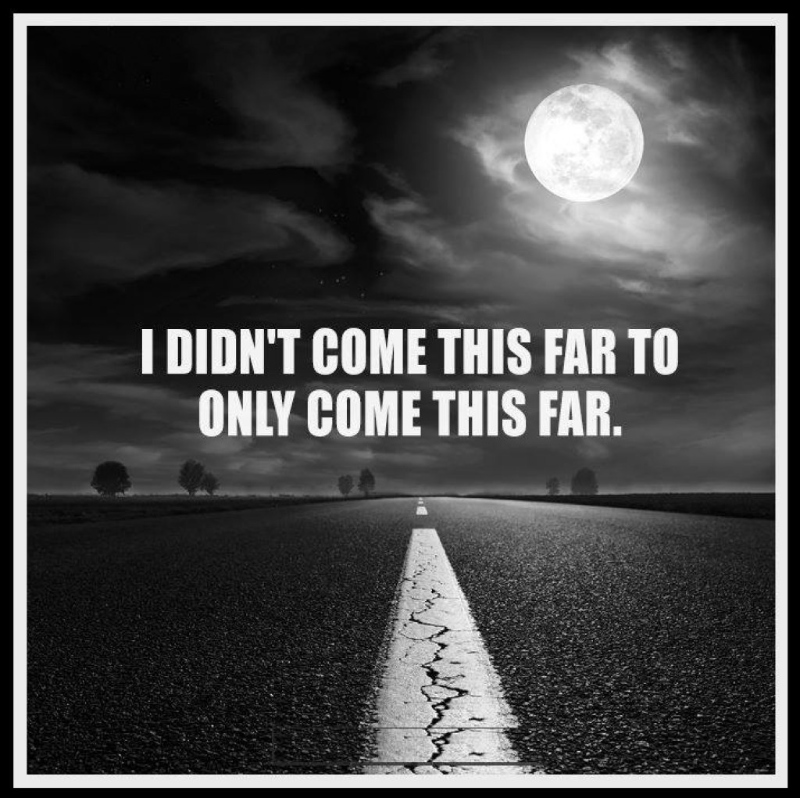
We don't trust ourselves, we trust what we have been taught.
The proposition that a commonly held narrative in society could be wrong will shock most people today. We live in times where people go to school for more than a decade, to university in order to study things most other people will never specialize in, and we are constantly bombarded with all sorts of information about our world - by television programs and radio shows, through magazines, education facilities, the words of politicians as well as our parents, friends and family. Reinforcing a certain narrative.
To most people I have met, the idea that all of this information could actually leave out any important truths seems utterly absurd. They trust what they have been taught, they cannot fathom any way they have been tricked into believing something that isn't actually true, so they go on to defend their "knowledge" when you mention anything that contradicts the official narrative they cling to without realizing it's a story rather than actual fact.
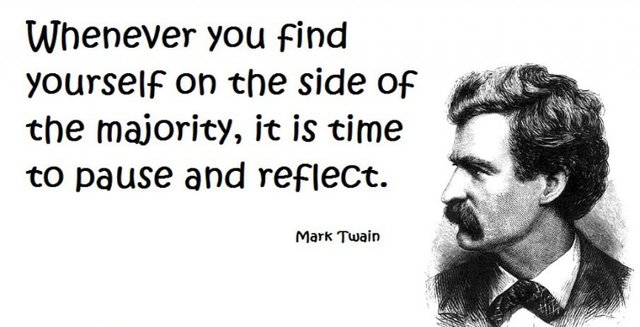
Everybody has a gateway
The journey to the truth often starts with a single problem - a discrepancy in narratives that are peddled by people, contradicting one another. Often the search for the actual begins involuntarily because either I or someone close to me have been directly affected by a situation where differing narratives and explanations exist that can't be reconciled.
The classic example many truthseekers will mention is the fateful day of the twin tower attacks in New York City, September 11th 2001.
Imagine you lost your brother on that day and years later you come across a video on the internet showing you some glaring impossibilities you had never heard on the news before, mentioning how many of the alleged hijackers are still alive today, how jet fuel cannot possibly burn at temperatures high enough to melt steel columns, how the most sophisticated military apparatus in the world allegedly could not manage to protect the US from a few hijacked airplanes despite being the most heavily defended airspace in the world. To name a few obvious ones...
Whatever the topic is, finding such strong arguments you have never heard about lays the groundwork for being able to actually question anything. And to see that questioning it has merit.
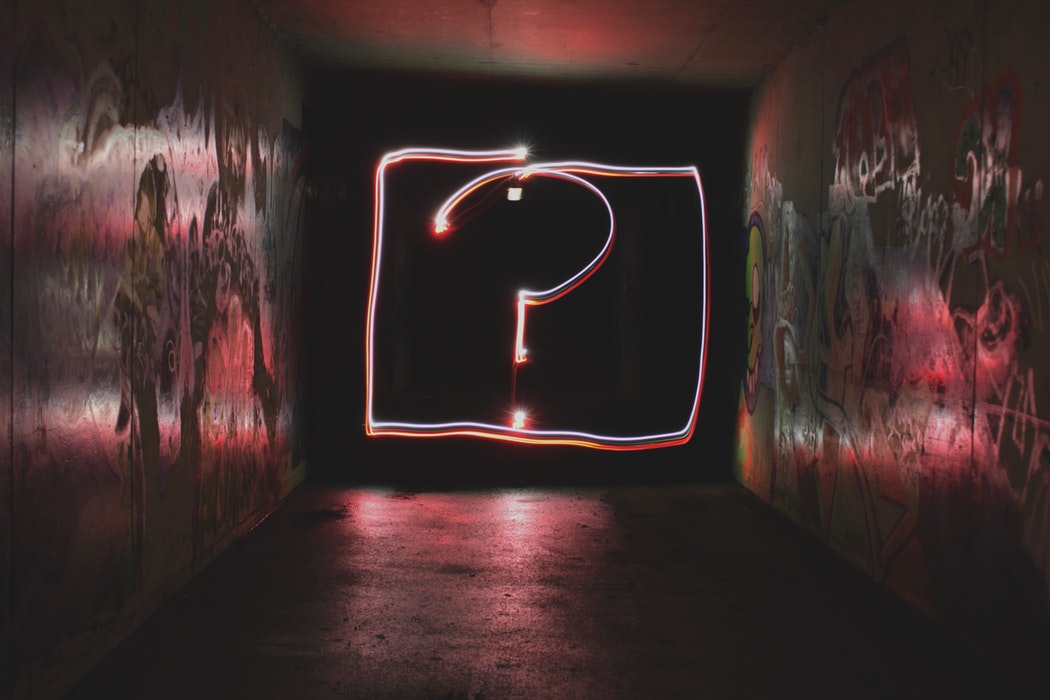
Differing narratives as a signpost to an existing discrepancy
The more you look into such discrepancies of narrative, the more you can discern how far the official story deviates from your own state of research. Knowledge is power. But in discerning, you are mostly alone. The moment you start asking some of these "conspiracy questions", you suddenly find yourself on the other side of the fence - being judged by those whose same narrative you used to hold mere days or weeks ago.
Wherever narratives about any event or idea differ greatly, you can be sure that a lot of interesting but rarely discussed bits of information can be found that point to a wholly different set of theories, conclusions and interpretations - backed by actual evidence, as opposed to the hear-say narrative you get on TV.
You start to wonder about the things some "crazy conspiracy theorists" have claimed in the past that you had simply laughed at, now that you found your first nugget of discrepancy, now that you actually have a foot in the door of questioning the official.
Welcome to the uncomfortable but greatly rewarding path of a (truth)seeker. From now on you will be shunned for your inquiring mind, but those you meet will become your greatest allies in discernment.
But beware - there are many pitfalls laid out for you, and a whole army of people whose sole job and purpose it is to bring you back into the herd and stop questioning things. And if that doesn't work, to at least lead you into a smaller herd - grazing on an intermediate meadow to the truth hoping you will feel too comfortable there to want to move on.
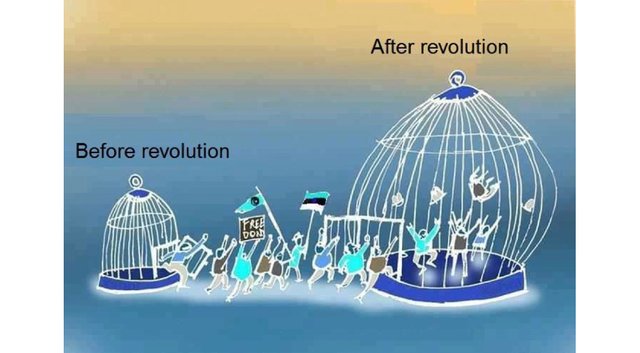
Here are some lessons I wish I had known about when I started my journey of discernment in the late 2000s.
Establishing narratives, compare, find discrepancy, discern
Before doing anything it's a great idea to study the official narrative, consciously. Listening to propaganda is no problem as long as you keep it at a distance and take it in as information only - without forcing any bearing on the truth you are trying to discover. Let the pundits speak - the anchors, the politicians, your colleagues at work - everybody knows about 9/11. Get a feel for the commonly agreed-upon explanation, the story everyone can recite to you on the spot.
In the case of 9/11 of course, it's the tale of a handful of terrorists from a cave in Afghanistan attacking America by successfully hijacking airplanes.
It's a great idea to test the waters right here.
If this story were just a part of a hollywood movie you were watching, would you believe it? Does it sound plausible? Does it sound too far fetched? In which areas DOESN'T it sound plausible? Are there any?
If you find it difficult to treat the story as a neutral movie script, you could put yourself in the shoes of a child who will ask any and all questions that come to mind, regardless of implication or social conditioning. If you can find any weak spot of the story, you have already made great progress.
"Weak spots" as in things that COULD be true, but that really don't seem likely to you if somebody mentioned them as part of the movie they had watched last night.
Try to put distance between your analysis and the circumstance that you may be personally affected by the topic in question. Treating the story as hypothetical will give you the great luxury of remaining in a discerning state of mind, even when the information you come across may greatly offend most people.
Once you feel you have a solid grasp on the official story and its details, it's a good idea to move on to the other side of the narrative - find contrary explanations for what allegedly happened that day.
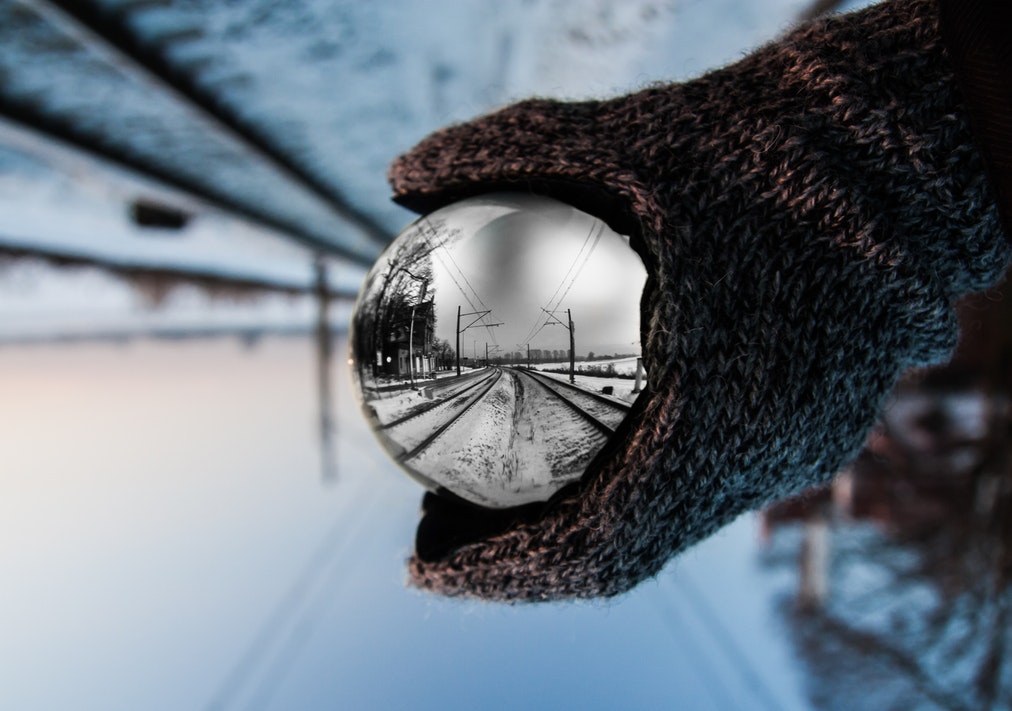
Go about it the same way - read, listen, try to understand the reasoning, be patient, and eventually start zeroing in on aspects of that narrative that just don't jive with you, like you have done before with the official side.
Eventually you will arrive at a reasonably informed point, where you have both narratives in your mind as separate possibilities, including the explanations that may be insufficient.
Conditioning sits deep
This to me is the most crucial step. As soon as you have stepped out of believing the official story, you are in danger of falling into the next one. That is because even a mindshifting experience of discovering the logical impossibility within the official narrative will NOT protect you from overlooking new aspects and falling for yet another explanation that is ultimately untrue.
The difference here is you are now already an outsider. You cannot turn to TV for any answers, you cannot ask most people who surround you and you can't quite trust anyone at this point because nothing seems certain anymore.
Great, you are already halfway, don't fall into other people's narratives now even if they seem certain about it. Keep going!
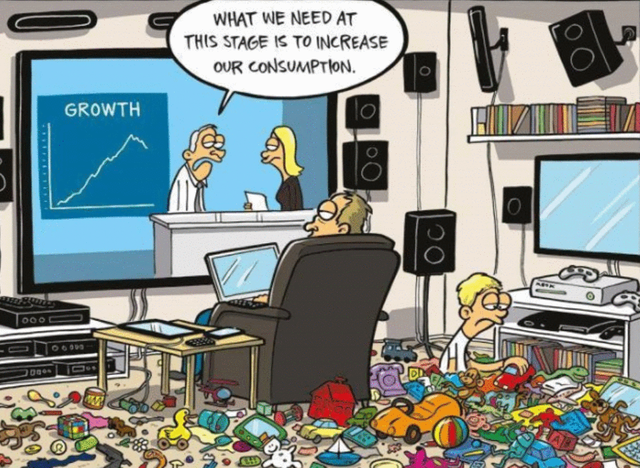
But these people are questioning everything!
It's a popular thing to claim in truthseeker circles but more often than not it's not true. On the contrary. Getting caught up in other people's version of the truth can do some major damage to your own ability to discern. That is because we long for social connections and to talk about the things that move us. If you just found out for yourself that 9/11 could not have possibly happened the way everybody assumes, you will want to talk about it with likeminded people. With someone who actually listens.
And while talking about it with others who have done their research is a really good idea to regain your mental strength, you will eventually have to pass "their truth" through the same mechanisms described above. Just because someone questions the official narrative does NOT mean he got it all correct now.
Finding the major catch in the official story can enlarge people's egos to such a degree that they start getting sloppy in their discernment, or jump to conclusions prematurely (I have done both OFTEN). Beware of the social pressure here as well, do not let anyone force his narrative on you if you find there are holes in it that are not being addressed.
Soon you will find that a new kind of "mainstream" narrative has established itself among those who originally set out to question the mainstream and the herd mentality. Where many will not care about your logical questions at all - they simply feel content to be the "revolutionary" and they often shun anyone who disagrees. Maybe more than the people defending the actual mainstream narrative who are still furthest from the truth.
Don't let anyone force you to cave in to a new narrative if you feel it's insufficient. Continue your investigation - on your own if you must. Ask the question when everybody around you wants to convince you to let it go and to just accept the new narrative.

Nobody has all the answers
If you are logically minded, this is easy to see. Let's take butterflies: Do you think any one human being could ever know all the names, features and information pertaining to all butterflies that live on Earth? Well, maybe - if that's all they have studied since they were 5, maybe.
Now consider that other insects exist. Elephants exist. Birds exist. Whole other domains of knowledge exist that have nothing to do with biology.
I am saying, you will probably have to agree that NOONE can ever know EVERYTHING, especially not with certainty.
Meaning just because you are talking to someone who has studied 9/11 for 15 years straight, does not mean he is necessarily right in his conclusions, nor that he has any good alternative explanations touching on other areas of knowledge that might be relevant.
Someone who knows all ins and outs of the planes allegedly used on 9/11 could be of great help in reconstructing how it all could have gone down with the planes - what hurdles had to be overcome inside the plane to hijack it, what level of skill one needs to fly such a plane, at what time the automatic emergency broadcast is sent, etc.
But being an expert in an area can blind you to the other possibilities that may be right in front of your face, and even make you disregard them completely because these plane experts seem so damn sure!
There is a good case that no planes crashed into the twin towers that day. But will you ever hear about that if you keep talking to people who have specialized in the plane detail aspect? Unlikely. You got stuck.
Always check their assumptions and question those as well, even if they tear the mainstream narrative apart all day long. They may have fallen for other untruths that they just cannot see yet. It may sound tedious but if you want to get closer to the truth you cannot get stuck at a certain assumption underlying the whole event. There are too many viewpoints out there that want to be discovered, tested and evaluated - in every area of life.
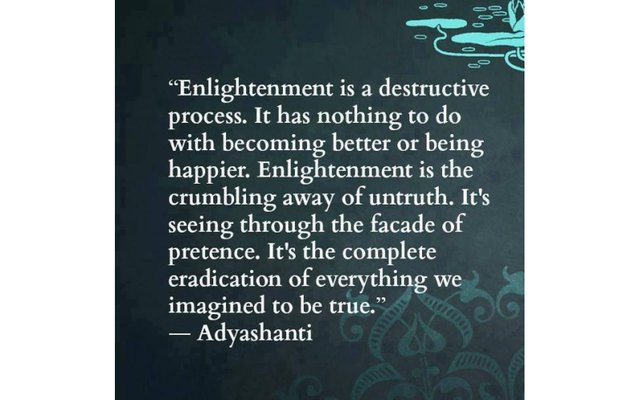
The most certain things are seldom certain
But how far should you take the inquiry? Surely one could speculate about any out-there explanation, but will that really get us closer to the truth?
There is no shortcut, and you would do good to not just believe me or anyone else. But from my experience, the most certain things.... the things that people laugh at when you question them... those things need to be looked at especially.
A good hallmark of such a monumentally-established idea is the fact that hardly anyone will get pissed at you if you question it. Most likely you will be laughed at or dismissed, but hardly ever fought directly. Because people don't take you seriously at all, because they have no frame of reference to even consider your viewpoint.
The narratives that offend people go seldomly far enough, and the more you dig into the explanations for commonly believed stories, events and situations the more puzzle pieces you can collect to eventually arrive at this point - having torn apart the most CERTAIN and unquestioned truths EVERYBODY considers "certain".
Now, without spoilering any of your future discoveries... what things are you REALLY REALLY certain about? What is a no-brainer to you? What question would make your eyes roll, thinking it to be completely and utterly pointless to even ask?
These are the questions that ultimately matter and where the greatest revelations can be found.
The "dumb" questions, as it has often been put.
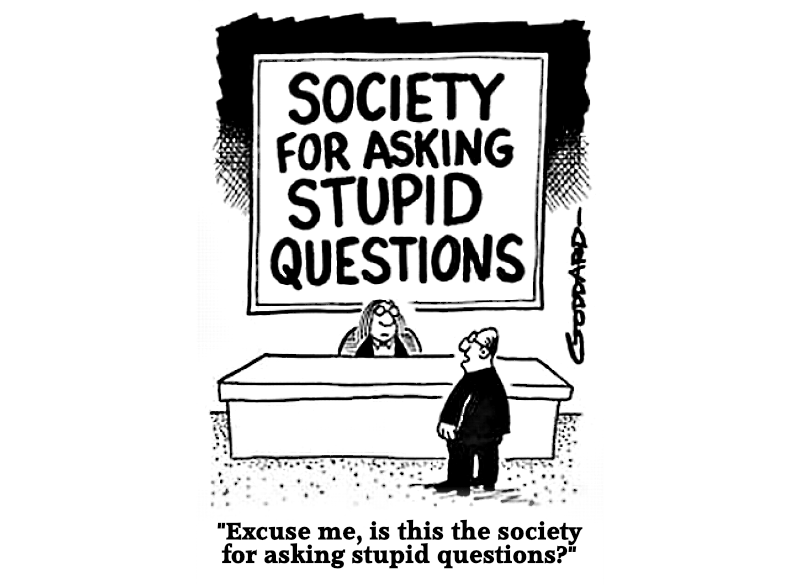
The questions that kids would ask who have not yet been tainted by the alleged truth everybody proclaims to be self-evident after decades of indoctrination...
To be continued...
minds.com
minds.com
unsplash.com
minds.com
unsplash.com
minds.com
unsplash.com
minds.com
minds.com
Thanks for stopping by <3
Thank you for taking the time to put this out. I wish I was able to articulate these ideas (truths) as well as you have here. I look forward to seeing more from you in the future; you have another follower.
thank you for the compliment and for taking the time to read.
cheers to you, from beer lover to beer lover ;)
Yes this post is awesome! And I agree. thanks for sharing indeed. truth is fun! finding it is wicked fun!! let's find it with joy and ease.
Yay! I find all of us have a puzzle piece.
!00% in agreement with you . Loved your analysis . @paradigmprospect".
Whenever something is being forced down your gullet , the important question to ask is "WHY" . This why leads to the quest for "WHAT the real story is" ...
"Welcome to the uncomfortable but greatly rewarding path of a (truth)seeker. From now on you will be shunned for your inquiring mind, but those you meet will become your greatest allies in discernment". This is so true :) . I agree :)
"When you blindly follow the "Masses, sometimes the "M"is silent ! " :D :D
"DON'T CONFUSE THE TRUTH WITH THE OPINION OF THE MAJORITY"-Jean Cocteau/1889.
Wise men have been trying to awaken the slumbering "(M)asses" but people just don't see.
So now I am tribeless. I don't see the "*asses" :D
Please don't ever stop commenting on my blog, you add so much value.
I have always been a solo'er, I think it is the reason that allowed me to move through so many crews and tribes over the years without getting too attached. That said, I always have my small crew I can start things with, but never more than 5 in the town I live and not around me all the time.
I get weird when I am too seldomly alone. How did Watts put it? "Society lives in a state of ceaseless chatter."
Then again, I would love to chat with people like you and the other amazing ones I have met on here, we could go for days and it would only get better. But then, I do that every summer when I go and meet the psy crews of europe. I just love people on the search, whatever they have found.
Thank you for your feedback Neha <3
I understand what you say. I am similar. Keep a safe distance that enables me to breathe free in a "Society that lives in a state of ceaseless chatter". 😎😁.
I am erratic on the internet. And erratic everywhere. 😎 But I will definitely come to your blog. You kind of articulate my thoughts and add information and facts to it. I am all intuitive understanding. I need the left brain analysis. 😊😊
It is always a pleasure to write something sensible on a sensible post !
sis, even if I don't hear from you for a year now I know you are out there. which is quite satisfying in itself. Be erratic, you don't owe me anything. Just yourself.
😊😊🍷🍷